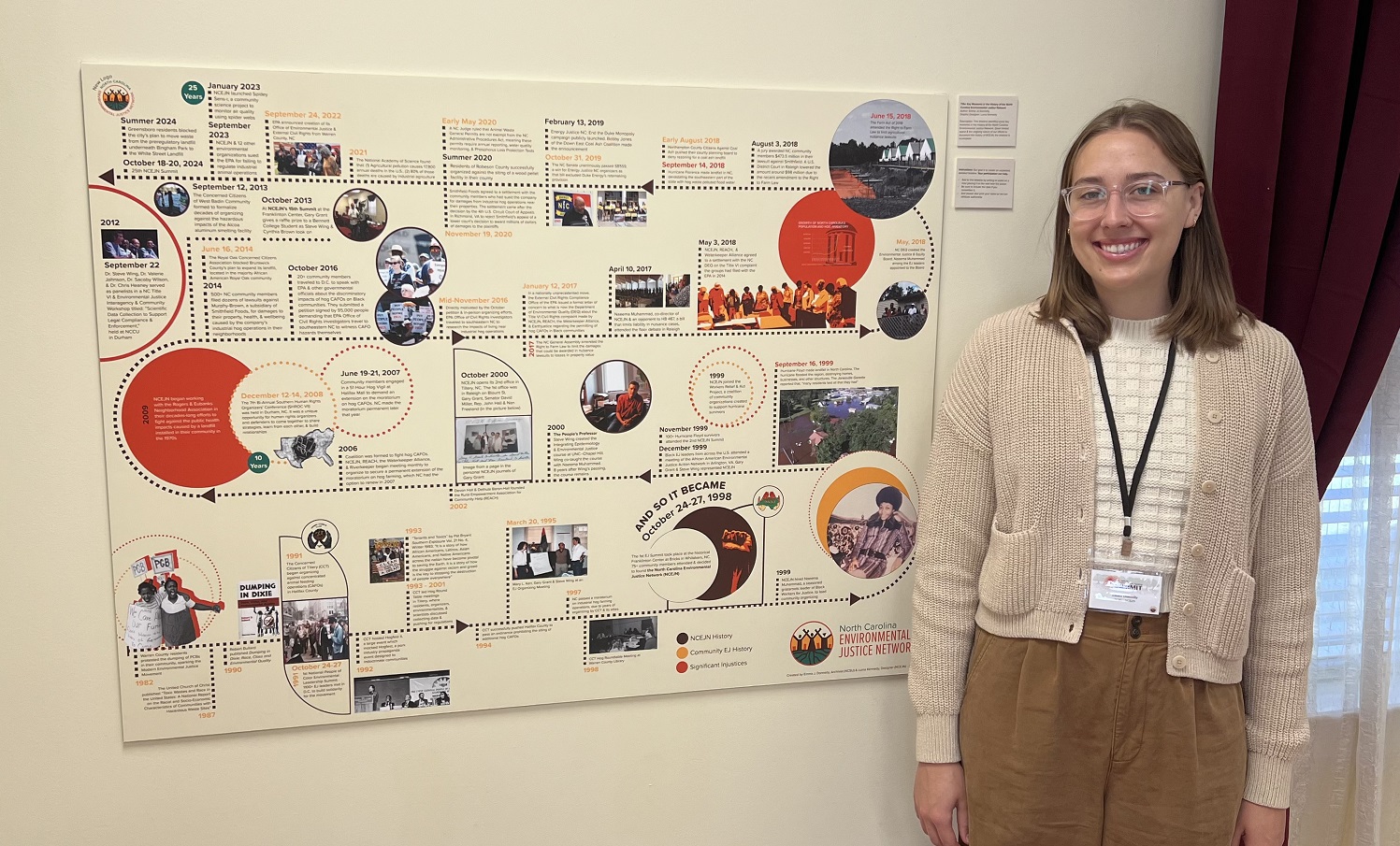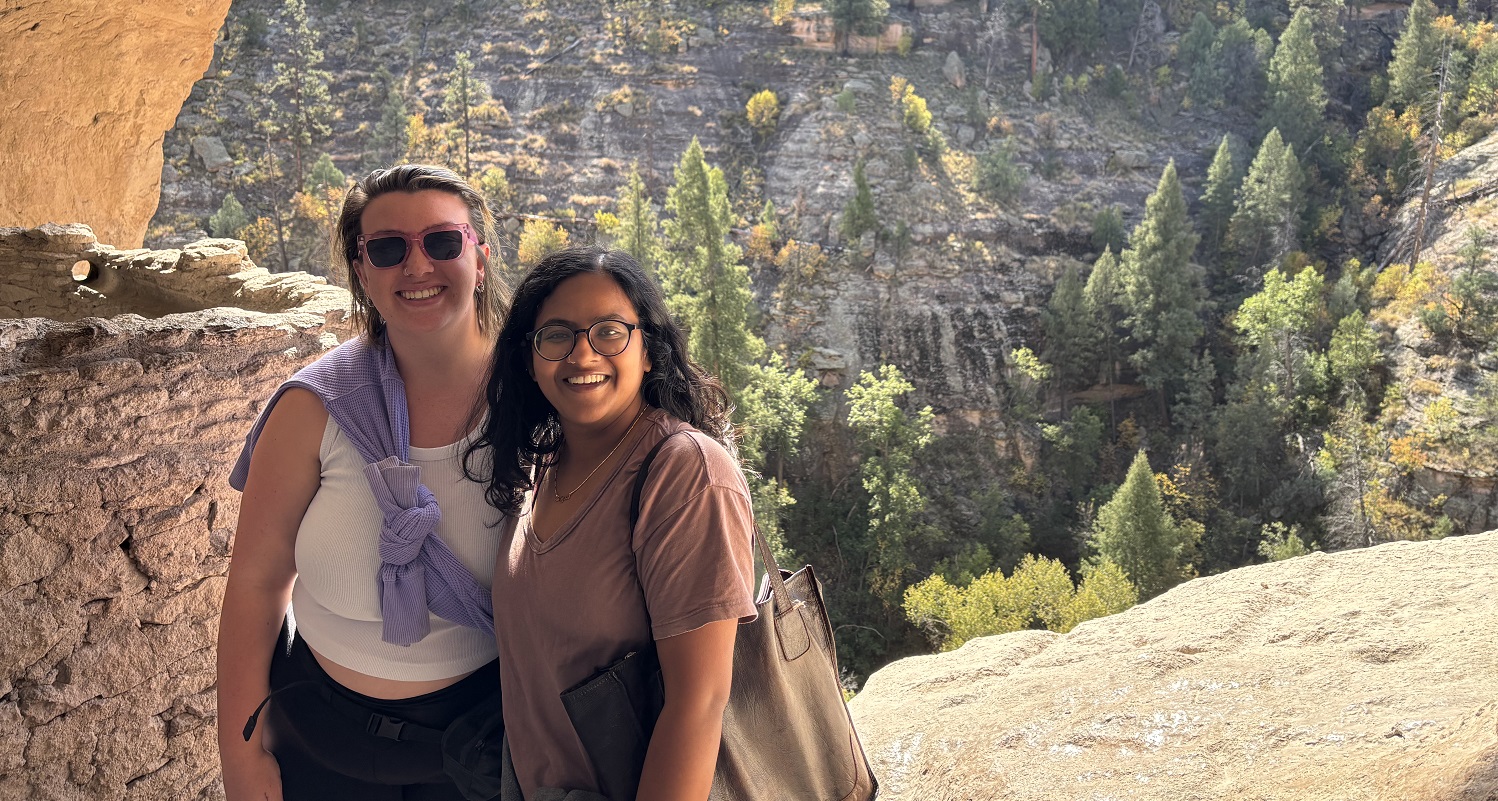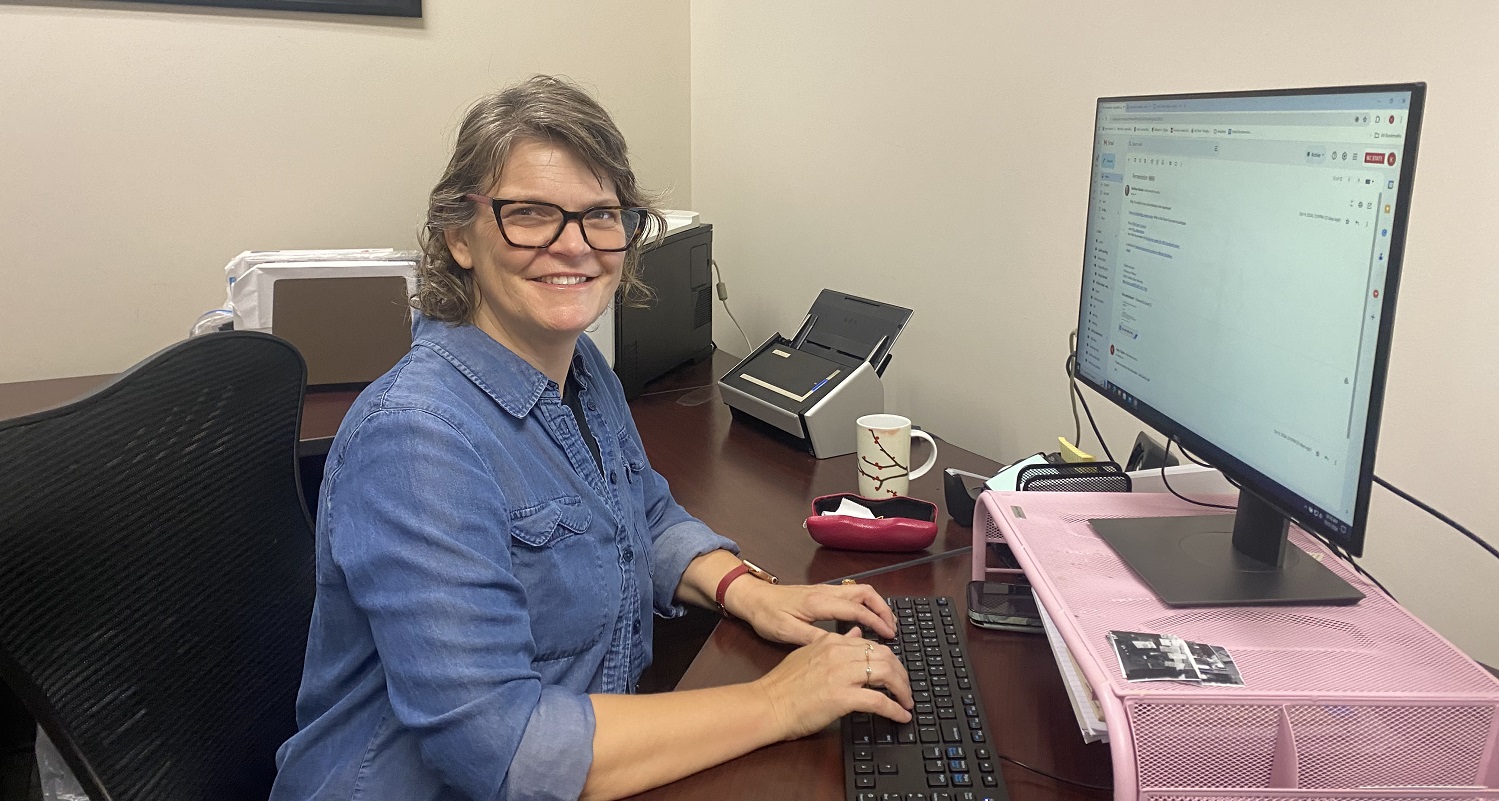Owen Jato Mtendeweke Kalinga: An Appreciation
Emeritus Professor Dr. Owen Kalinga retired in 2019 and passed away in December 2022. His colleagues, Emeriti Professors Dr. LaVopa and Dr. Vickery, share these reflections on his life and career.
Owen Kalinga hailed from the Chitipa area in the far north of Malawi—a fact of considerable significance later in his life. In his birth year of 1945 this was still, of course, the British colony of Nyasaland. Like most colonial territories in Africa, the borders of Malawi reflected imperial rivalries rather than African realities.
Owen was part of a generation which came of age in a nationalist era which rejected British rule in Malawi, and the ill-conceived Central African Federation, of which Malawi was a part. He was 19 years old when formal British rule ended, and Malawi was born.
Chitipa was a remote, rural, agricultural region, far from the seats of colonial and post-colonial power. For many decades prior to Owen’s childhood, the Church of Scotland [Presbyterians] had wielded great influence. Most schools had mission origins, though financially supported by the colonial and post-colonial state. Owen’s father was headmaster of the local school, and thus a pillar of the community. Owen’s own brilliance and diligence as a student was clear to all. After completing a first degree at the brand-new University of Malawi, his talent eventually won him a chance to study in the former metropole, Great Britain.
First stop was the University of Birmingham, where he earned a history masters degree. Next, he began doctoral studies in African history at the University of London’s School of Oriental and African Studies [SOAS], arguably the leading such institution in the Western world at the time. For his dissertation he returned to his home area, exploring its history as part of the larger Ngonde Kingdom.
To Owen’s generation colonial rule bore a heavy responsibility for the problems facing post-colonial societies and states, but his relationship with Britain and British culture was not as simple as one might expect. Colleagues close to him at NC State came to realize that, though he had put Presbyterian doctrine and liturgical practice behind him, his values were deeply rooted in the Presbyterianism he had absorbed from his father and his school, which had an essentially British curriculum. He talked much about his schooling in Malawi, with a certain warmhearted skepticism but also with a commitment to a Presbyterian -style work ethic that demanded strict self-discipline from him and from the students he taught. In the United States, as in Africa, students in his courses who tried to slip by that ethic soon came to learn their mistake. His African- Protestant ethic colored everything he did and made him a complex man, close to his African roots but emphatically English in his view of learning, scholarship, and what was required to become an educated man in the modern world. Since childhood he had spoken an ethnically inflected English, clear, concise, lively and unmistakably African. He probably had a greater familiarity with Anglophone literary classics than most of his colleagues. He had an impressive knowledge of Western politics, with a fine eye for the absurdities of the American political scene. Food was another matter; mayonnaise was a Western barbarism he could not tolerate.
Britain was also the home of his wife and partner for life, Margaret, whom he met when she was working as an occupational therapist in Malawi in 1974. Their son, Chawupi, lives in England now with his wife and Owen and Margaret’s grandchild. The grandparents visited often, to their evident delight.
Like other young Africans pursuing higher education and such prestigious institutions as SOAS, Owen was expected to assume a position of significance in the new Malawian university. And he did: as lecturer, senior lecturer, associate professor and finally department head, at the flagship Chancellor College in Zomba. This was a considerable feat, particularly in light of Malawi’s political climate in these years. Since independence the country had been ruled by Hastings Kamuzu Banda, who declared a one-party state in 1971 and was an iron-fisted autocrat, to put it mildly. His regime was distinctly unwelcoming to northerners.
Owen taught at Dalhousie in Canada from1980-1982, and then at University of Jos in Nigeria from 1982-1984. This was perhaps a trial run for a reluctant exile. But Nigeria was not really his cup of tea. In 1989, after several more years back home, he relocated to the University of Lesotho, quickly becoming department head. Two years later, he moved to the University of the Western Cape in South Africa, where he taught until 1995.
In both places, he was again in delicate political contexts. The years 1989-1995 were, of course, precisely the years of the South African transition from apartheid to majority rule. Lesotho, though independent from Britain since 1968, was completely surrounded territorially by South Africa. And UWC had been created as the so-called “Cape Coloured” university; under the perverse pigmentocracy of apartheid, the “Coloured” were an intermediate category between black and white.
When he came to NCSU in 1995 he was, of course, glad to be free of apartheid and its absurd ladder of color distinctions, but he was well aware that he had moved to another structure of racial inequality, and that structural changes in the society at large were making it questionable whether a viable democracy could survive in the United States. His colleagues were quick to appreciate his presence; his considerate sense of humor went hand in hand with a quietly passionate commitment to principles that did not have national boundaries. He knew how to distinguish important matters from trivia. In his courses as well as his scholarship, he was intent on making people in the West aware of the marginalization of African peoples in the processes of colonial exploitation and the expansion of multi-national corporations into “undeveloped countries.” He was not bitter about the fate of his homeland and other new African states, but he brought a healthy skepticism to the hypocrisies and contradictions of rising nationalism and to the supposed erasure of Western imperialism. For all these reasons and more, he was an invaluable colleague and teacher whose professional commitments will ramify through African studies at an American university for many years to come. He will be sorely missed.
- Categories:





